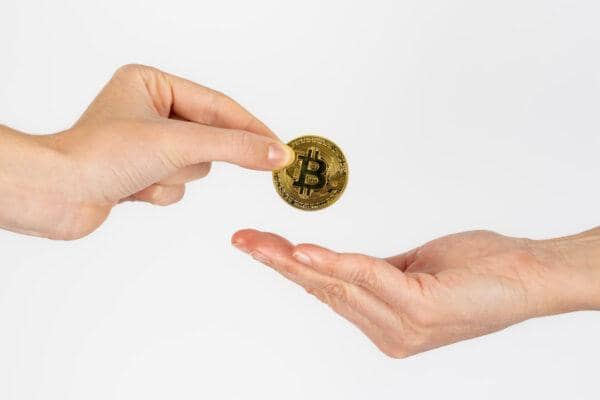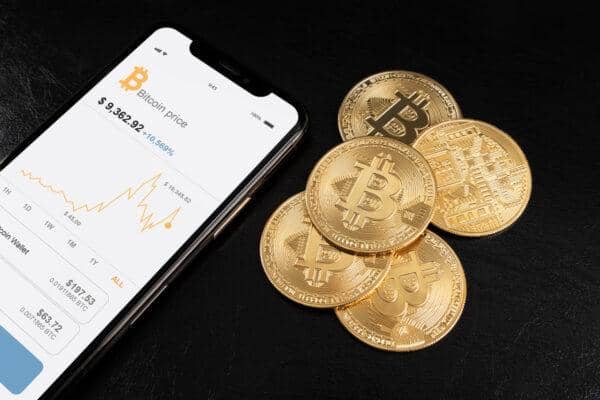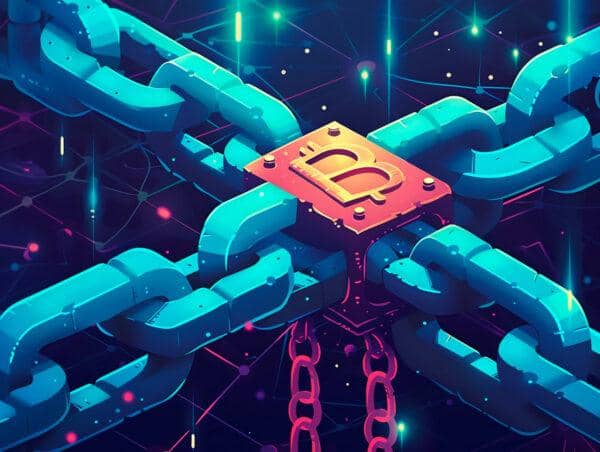A Complete Guide to Donating Bitcoin Safely and Effectively
Donating with Bitcoin offers a modern and often efficient way to support causes you care about, leveraging the power of digital currency. For individuals seeking to send Bitcoin to a charity or organization, understanding the process from beginning to end is crucial for a secure and successful transaction. This comprehensive guide outlines the steps involved in sending Bitcoin as a donation, ensuring you navigate the digital landscape with confidence and clarity.
Understanding Bitcoin Wallets: Your Gateway to Cryptocurrency Donations
To embark on your cryptocurrency donation journey, the fundamental requirement is access to a Bitcoin wallet. These digital tools serve as your personal interface with the Bitcoin network, allowing you to store, send, and receive Bitcoin. There are various types of Bitcoin wallets, each with distinct features, security levels, and user experiences. Software wallets, for instance, can be desktop applications, mobile apps, or web-based services, offering convenience and ease of access. Hardware wallets, on the other hand, are physical devices designed for enhanced security, keeping your private keys offline, making them a preferred choice for larger holdings or those prioritizing maximum protection. Paper wallets represent a more rudimentary form, involving printed Bitcoin addresses and private keys, though they are less common for active use due to potential security risks if not handled with extreme care.
- The first step in learning how to donate Bitcoin securely involves choosing a wallet that aligns with your specific needs. When selecting a wallet, consider factors like the amount of Bitcoin you intend to hold, your technical comfort level, and the desired balance between convenience and security. Some wallets are primarily designed for frequent transactions and storing modest amounts, while others are built for long-term storage and advanced cryptocurrency management. Prioritize wallets from reputable providers with strong security records and positive community reviews to safeguard your digital assets. This choice forms the foundation of your Bitcoin donation process.
- Once you have identified a suitable wallet, the next critical phase is setting it up. Each wallet provider offers specific instructions, but common steps typically include creating an account, establishing a strong, unique password, and most importantly, recording a recovery phrase, also known as a seed phrase. This recovery phrase is a sequence of words that grants access to your funds if you lose your device or forget your password. Guarding this phrase diligently, perhaps by writing it down and storing it offline in a secure location, is paramount. Never share your recovery phrase with anyone, as it could lead to the irreversible loss of your Bitcoin.
- With your wallet securely set up, the subsequent step is to obtain some Bitcoin. You can purchase Bitcoin from a cryptocurrency exchange, which acts as a marketplace connecting buyers and sellers. These platforms often support various payment methods, including credit card purchases, bank transfers, or even peer-to-peer transactions. Researching and choosing a reputable exchange with competitive fees and robust security measures is important. Alternatively, you might acquire Bitcoin as payment for goods or services rendered, or even through mining, though the latter is now a highly specialized and capital-intensive endeavor.
- To make a donation, you will require the recipient’s Bitcoin address. This address is a unique string of alphanumeric characters, similar to a bank account number, that identifies the destination of your donation. Many organizations that accept Bitcoin donations prominently display their Bitcoin address on their official website, often accompanied by a QR code for easy scanning. It is absolutely vital to verify Bitcoin donation addresses meticulously. Double-checking every character of the address or using the QR code function helps prevent errors, as sending Bitcoin to the wrong address is an irreversible mistake. If you have any doubt, contacting the organization directly through official channels to confirm their Bitcoin address is a smart precaution.
- In your Bitcoin wallet interface, locate the option to send Bitcoin. Here, you will be prompted to enter the recipient’s Bitcoin address, the exact amount of Bitcoin you wish to send, and potentially a brief note or memo depending on the wallet and recipient’s requirements. Some wallets also allow you to adjust the transaction fee.
- Before finalizing the transfer, carefully review all the transaction details. Pay particular attention to the recipient’s address and the amount. Once you are certain everything is correct, confirm the payment. The transaction will then be broadcast to the global Bitcoin network. Miners will pick up your transaction and include it in a block on the blockchain, which is a public, immutable ledger of all Bitcoin transactions. Understanding Bitcoin transaction IDs for donations is helpful, as your wallet will provide a unique transaction ID (TxID) that you can use to track the status of your donation on a blockchain explorer.
It is important to note that Bitcoin transactions are fundamentally irreversible. This means once a transaction is confirmed on the blockchain, it cannot be undone or recalled. This irreversibility underscores the importance of the double-checking steps mentioned earlier.
Understanding Bitcoin Donations and Anonymity
For those curious about donating Bitcoin anonymously, while Bitcoin transactions are public on the blockchain, they are pseudonymously linked to addresses rather than personal identities. However, depending on how you acquired your Bitcoin (e.g., through a KYC-compliant exchange), your identity may already be linked to your holdings. True anonymity is difficult to achieve without advanced privacy techniques.
Why Donating Bitcoin is the Future of Philanthropy
The benefits of donating Bitcoin extend beyond potential tax advantages. For recipients, Bitcoin donations can offer lower transaction fees compared to traditional banking methods, especially for international transfers. Transactions can be faster and more transparent, with every donation recorded on a public ledger. For donors, it provides an innovative way to support causes and potentially diversify their philanthropic portfolio.
In conclusion, donating with Bitcoin is a straightforward process once you understand the necessary steps and precautions. From selecting and setting up your secure Bitcoin wallet, acquiring your Bitcoin, to accurately sending your donation and confirming the transaction, each phase requires attention to detail. By following these guidelines, you can effectively use digital currency to make a positive impact, supporting organizations worldwide with greater speed and efficiency. As you explore the power of Bitcoin to create change in the digital world, remember that true innovation lies not only in technology but in how we use it to uplift humanity. At IslamicDonate, we turn digital generosity into real-world relief, helping vulnerable families, communities, and children around the world. Your Bitcoin can do more than move through the blockchain; it can move hearts and change lives. Join us in this mission of compassion and faith: IslamicDonate.com
HODL Hope: Donating Cryptocurrency for Good














